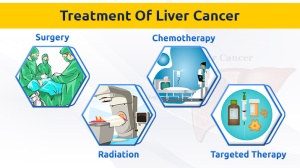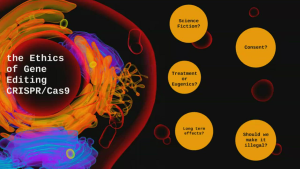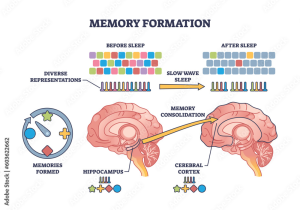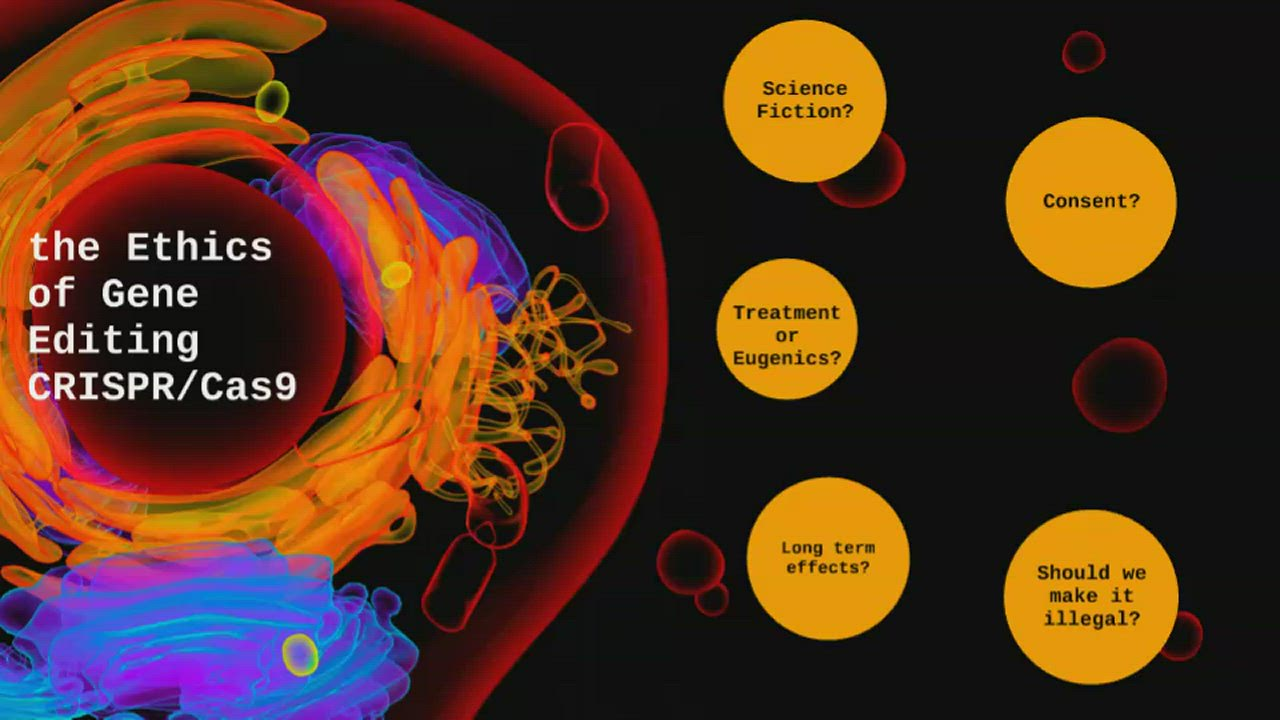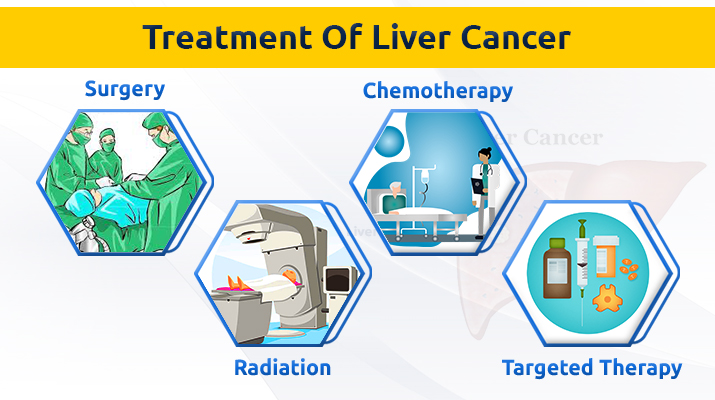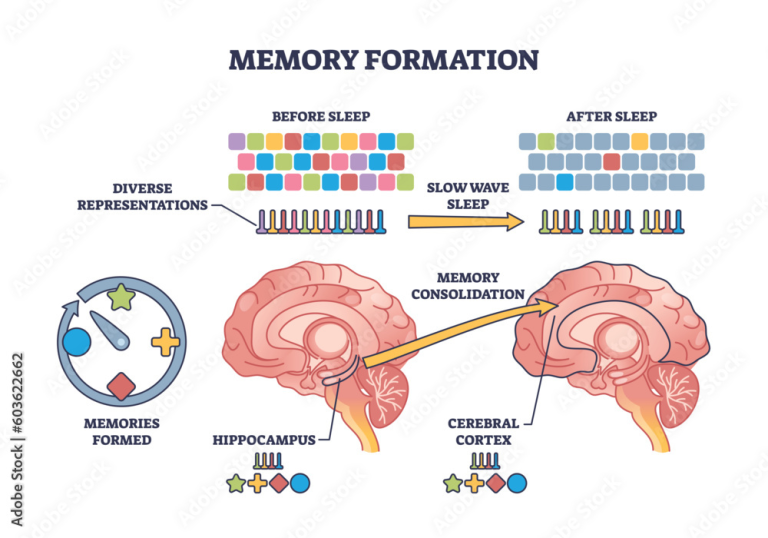Gene editing ethics sits at the intersection of groundbreaking technology and profound moral dilemmas, especially as we navigate the impacts of CRISPR technology on modern medicine. With the ability to potentially eradicate conditions such as sickle cell disease, gene editing opens doors to life-altering treatments that were once the realm of science fiction. However, this remarkable progress prompts critical discussions about health equity in genetics, as access to such innovative therapies often falls to those who can afford them. As stakeholders grapple with the gene editing implications, questions about who should decide the future of our genetic makeup become increasingly complex. Engaging in bioethics in medicine is essential to ensure that advancements in gene editing are approached with both caution and responsibility.
The ethics of genetic modification encompasses a wide range of considerations regarding our capacity to alter not just diseases but human traits themselves. As we delve into the implications of DNA editing, particularly with the emergence of CRISPR systems, it becomes evident that these technologies hold both promise and peril. From discussions surrounding the treatment of hereditary conditions to broader themes of social justice and accessibility in healthcare, the dialogue surrounding genetic alterations is rich and multifaceted. This conversation challenges us to reflect on what it means to be human and the moral responsibilities that accompany such profound capabilities. Thus, the realm of gene modification invites a deeper exploration of our ethical frameworks as we advance in this transformative area of science.
Understanding CRISPR Technology and Its Capabilities
CRISPR technology represents a revolutionary advancement in the field of genetics, allowing for precise editing of DNA with unprecedented accuracy. Utilizing a guide RNA coupled with the Cas9 protein, scientists can target specific sequences in the genome, enabling the modification of both somatic and germline cells. This advancement holds the potential to eradicate genetic disorders like sickle cell disease, providing hope to families affected by such conditions. However, the power of CRISPR also necessitates a thorough understanding of its capabilities and limitations, as the manipulation of genes must be approached with caution.
While CRISPR can potentially cure diseases, it is essential to analyze the implications of these modifications. Editing germline cells not only affects the individual but also the future generations, raising questions about the long-term effects of gene editing on human heredity. Moreover, the ease of use of CRISPR technology prompts ethical considerations about who gets access to these advancements and how such technologies will be regulated. As we embrace the promise of CRISPR, we must also confront these pressing issues to ensure that its use is responsible and just.
Frequently Asked Questions
What are some ethical concerns surrounding CRISPR technology in gene editing?
Ethical concerns surrounding CRISPR technology in gene editing include the potential for unintended consequences, issues of consent, and the implications of modifying human traits. The ability to edit germline cells raises questions about who gets to decide what constitutes an acceptable trait in future children, further complicating the debate on health equity in genetics.
How does gene editing relate to sickle cell disease and ethical implications?
Gene editing presents a potential cure for sickle cell disease using CRISPR technology; however, it raises ethical implications regarding accessibility, cost, and the fairness of distributing such treatments. With a high price tag of around $2.2 million for treatment, questions arise on health equity and who will afford these innovations.
What role does bioethics in medicine play in gene editing discussions?
Bioethics in medicine is crucial in gene editing discussions, as it explores the moral responsibilities that come with powerful technologies like CRISPR. It seeks to balance innovation with ethical guidelines, ensuring that advancements in gene editing are conducted fairly and equitably, considering the health implications for all populations.
Can gene editing technology potentially create health inequities?
Yes, gene editing technology like CRISPR can create health inequities if its benefits are not distributed fairly. Innovations may privilege those who can afford expensive treatments, leaving marginalized communities without access to potentially life-saving therapies, thereby exacerbating existing health disparities.
What ethical questions arise from gene editing for non-life-threatening conditions?
Ethical questions arise when considering gene editing for non-life-threatening conditions, such as Down syndrome. Debates focus on whether it is morally acceptable to alter genetic traits that are compatible with life and who holds the authority to make such decisions, emphasizing the need for ethical oversight in gene editing implications.
How does the concept of ‘human variation’ impact gene editing ethics?
The concept of ‘human variation’ challenges gene editing ethics by suggesting that certain traits, such as deafness, should not be considered pathological. This perspective argues against the idea of ‘fixing’ individuals and promotes respect for diverse identities, highlighting the need for careful ethical consideration before altering genetic traits.
What oversight exists for gene editing technologies like CRISPR?
Oversight for gene editing technologies like CRISPR is currently limited, especially in countries where regulations may be lax. While many regions have laws against cloning or germline editing, the lack of international consensus raises concerns about unethical practices, emphasizing the need for comprehensive regulatory frameworks to manage gene editing responsibly.
| Key Points |
|---|
| Gene editing technology, specifically CRISPR, holds potential for curing diseases like sickle cell anemia but raises ethical questions regarding human intervention in genetic makeup. |
| Key speakers Neal Baer and Rebecca Weintraub Brendel emphasized the need for ethical considerations in gene editing, raising issues like who decides what traits to modify. |
| Cost-effectiveness and health equity are major concerns, as the sickle cell treatment could cost about $2.2 million, affecting access to these technologies. |
| The implications of gene editing extend to potential changes in societal structures, such as the ability for parents to choose traits for their children. |
| Regulation and oversight of gene editing practices, especially in countries with looser policies, is a pressing concern for bioethicists. |
Summary
Gene editing ethics is a vital area of discussion as the potential of technologies like CRISPR presents both significant opportunities and daunting challenges. The ability to cure diseases such as sickle cell anemia through gene editing raises fundamental questions about the implications of altering human genetic traits. As we navigate this uncharted territory, it is crucial to address ethical considerations, societal consequences, and the importance of equitable access to these life-saving innovations.

